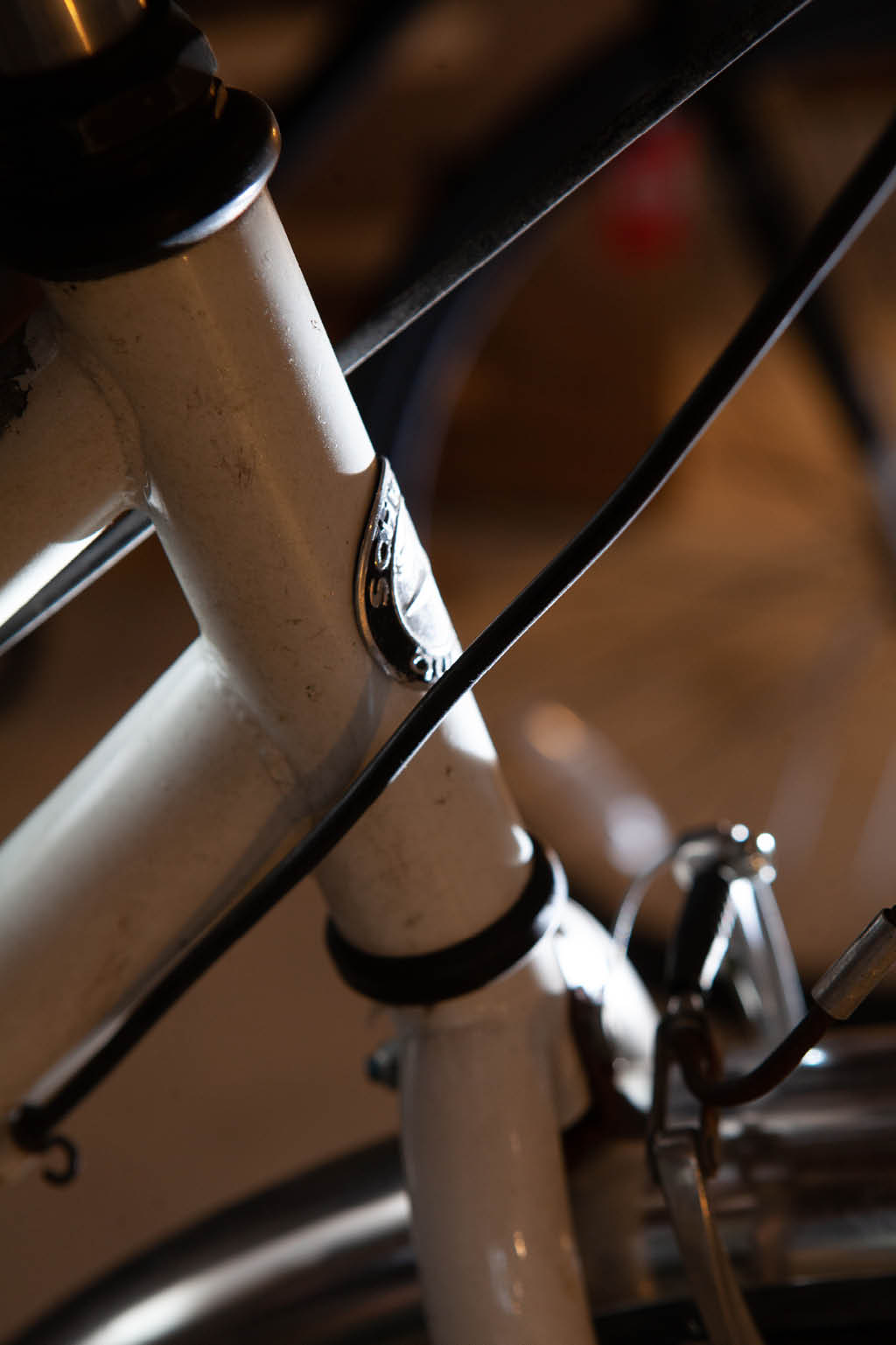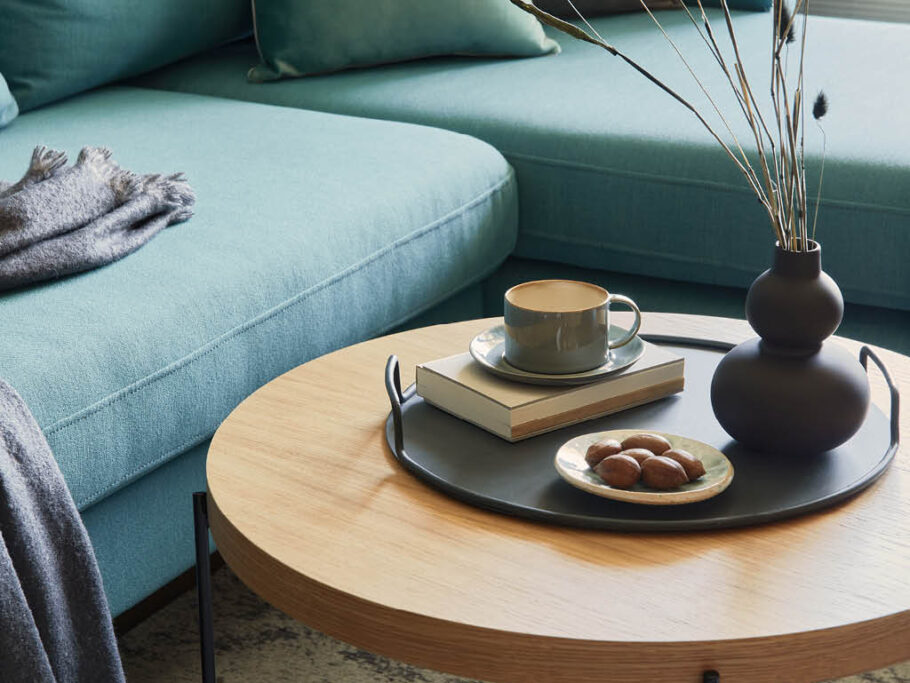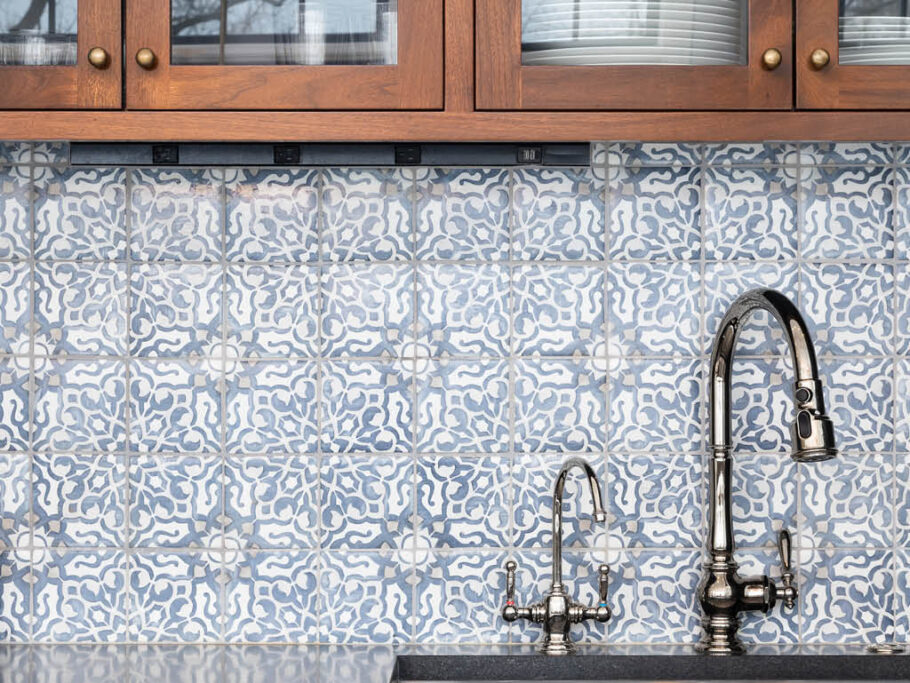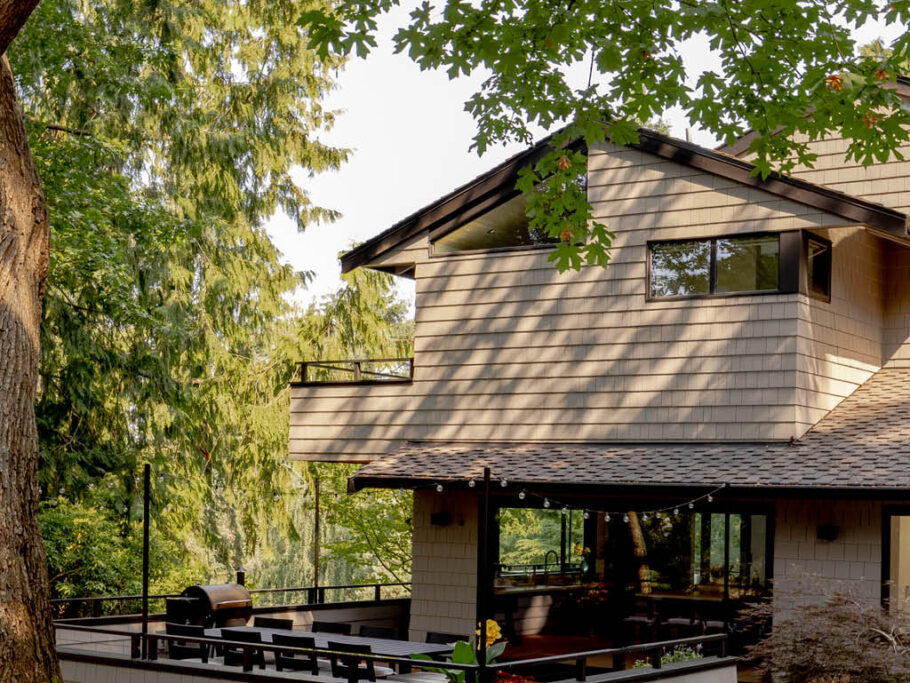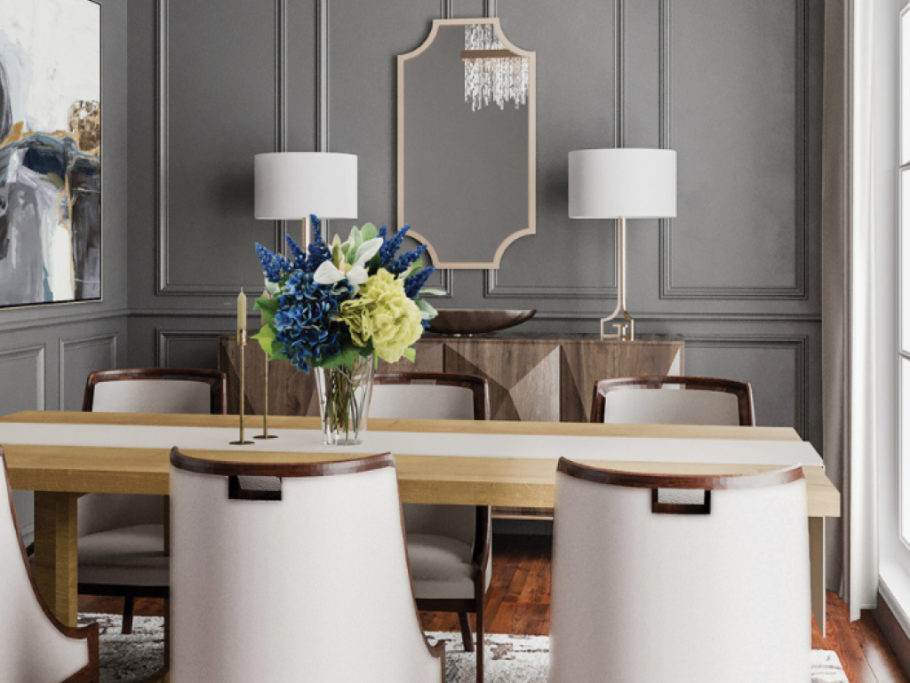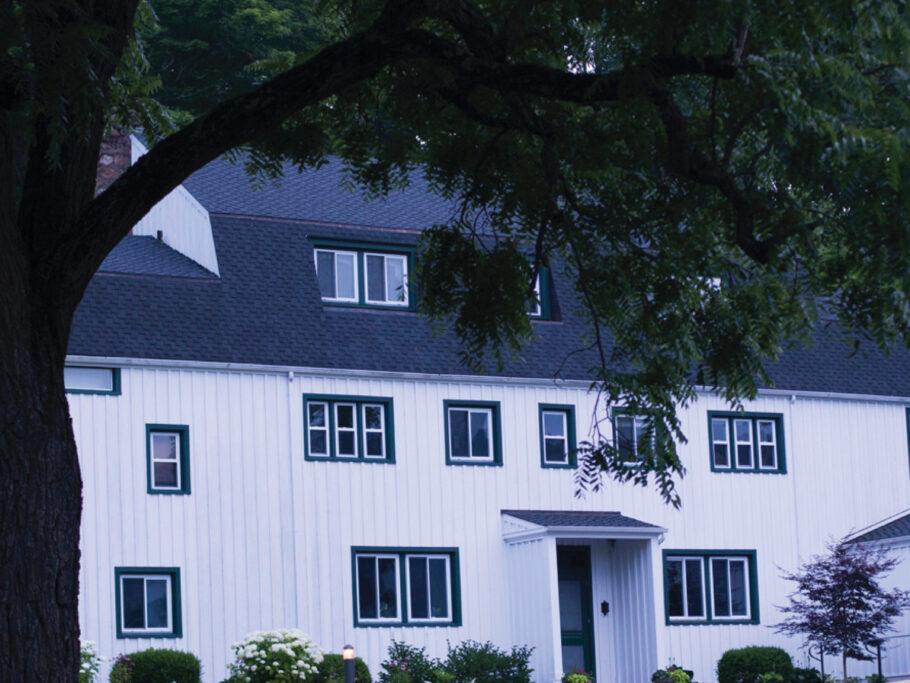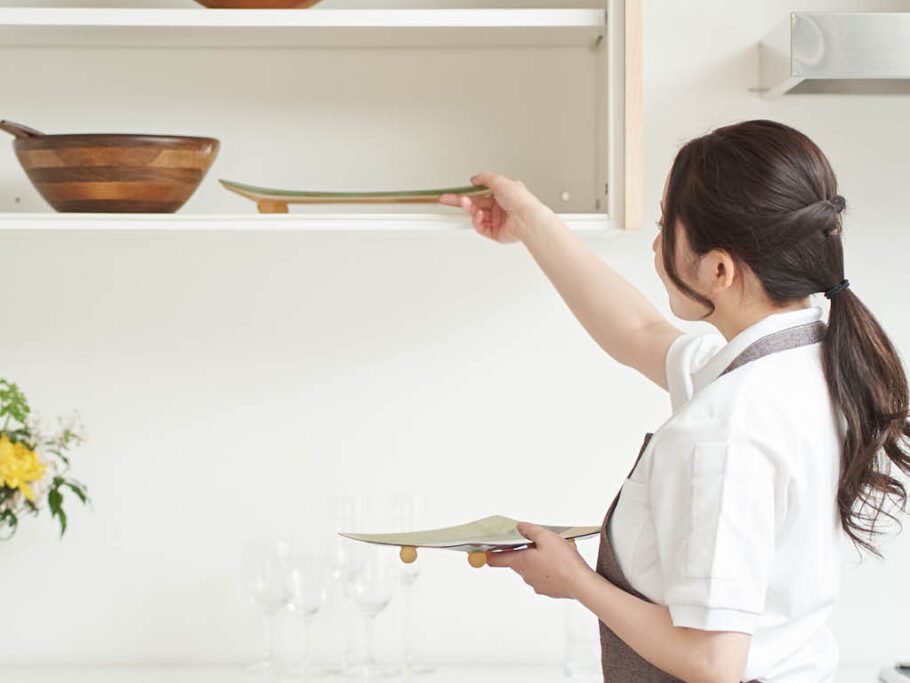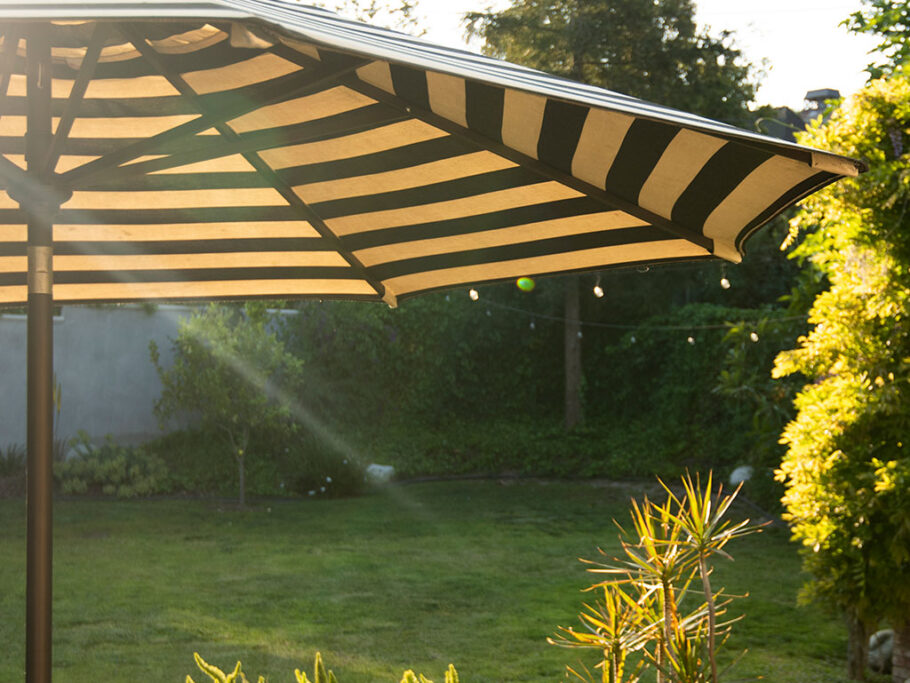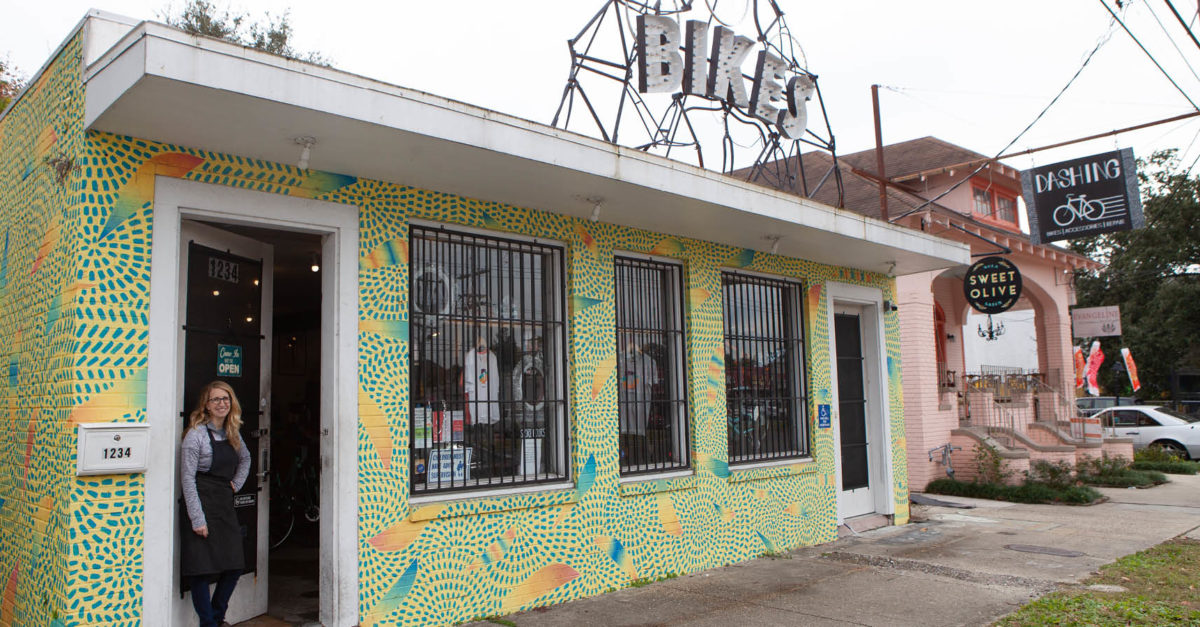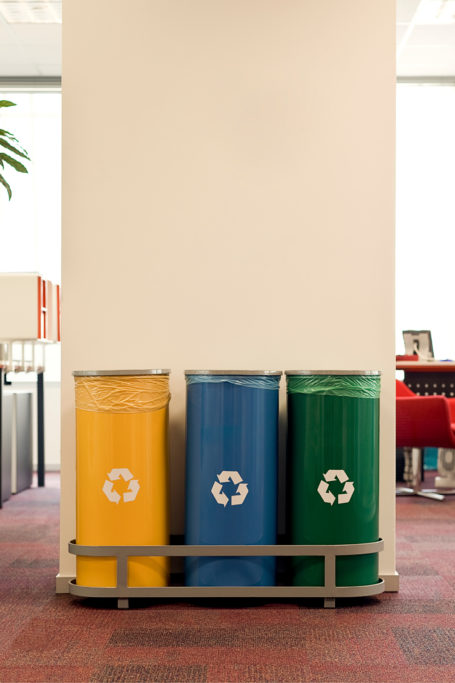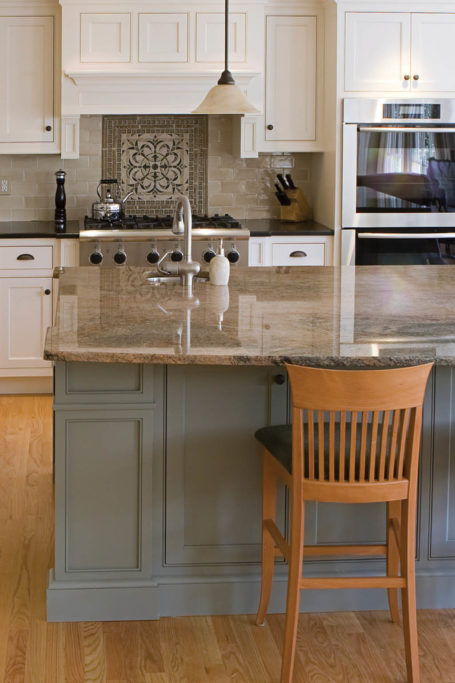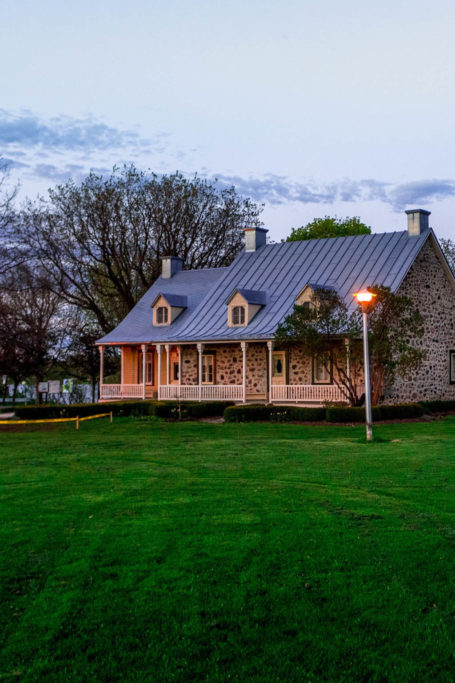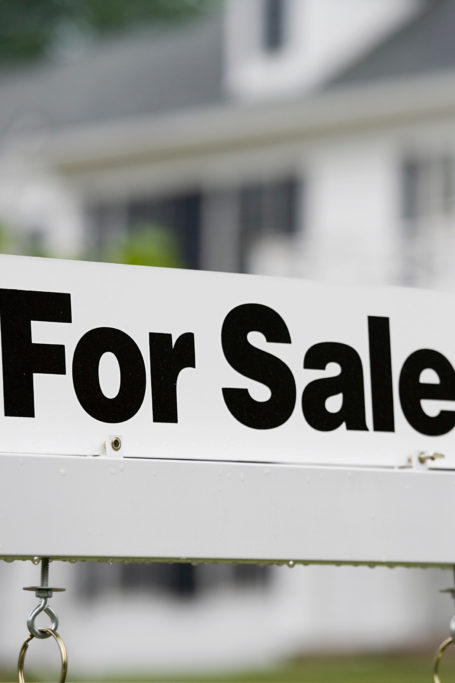Dashing Through the Big Easy
Of the millions of Americans who commute to work each day, some 860,000 people get there on a bicycle. That’s a 51 percent increase from 2000 to 2016, according to the League of American Bicyclists.
Marin Tockman thinks that number should be much higher.
Tockman, a native of Maine, took to biking as a child as a way to explore the outdoors where she lived. She never thought of bike riding as a lifestyle until she needed her bike to navigate the busy and sometimes dangerous city streets.
When she moved to New York, she began balancing her career in the film industry with advocacy work, teaming up with other passionate cyclists through nonprofits and grassroots organizing. “For years, people had been looking for an alternative to the subway—but when you look down the street, it’s so overcrowded and congested with cars,” says Tockman.
While she made advocacy a priority, Tockman admits that she came onto the cycling scene at a good time,
when positive changes to the city’s infrastructure made it safer and easier to ride bikes on the streets. Because of the efforts of people like her, cities across the country have adopted stricter safety laws regarding the interaction of cyclists and motorists on roadways, and, overall, America’s largest urban centers are becoming more bike-friendly places. The road to better bike safety was not always so clear, though.
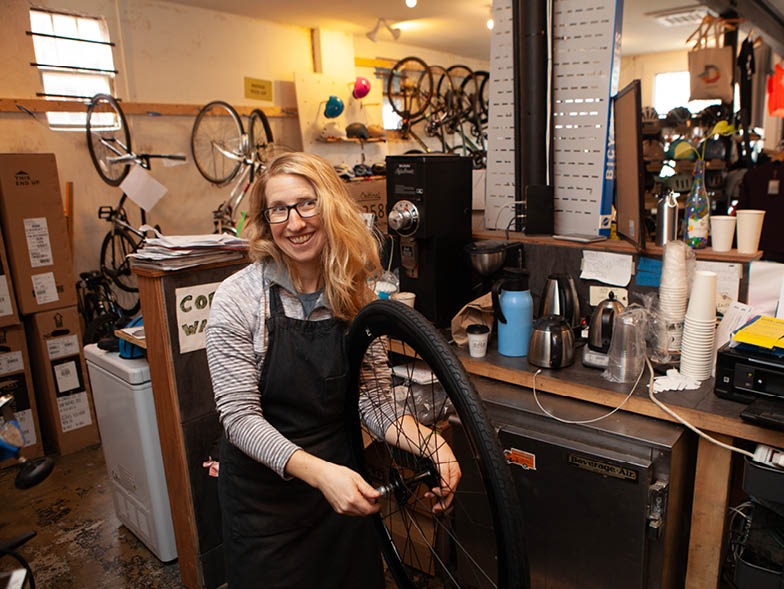
A New Home For Biking
Tockman traveled between New Orleans and New York multiple times for work, and she had come to love the laid-back lifestyle of the southern city. The outdoor living, sense of community, and diversity among the neighborhoods proved to be the exact type of environment she was looking to call home, and she made a permanent move in 2010.
She continued advocating for better bike safety in New Orleans while juggling her film career. However, in 2013 she decided to switch gears to a full-time career in the cycling industry. Tockman opened Dashing—a pop-up neighborhood cycle shop—that same year to serve what she describes as a gap in the market for everyday cyclists. “I wanted to expose people to the self-appreciation that can come when you choose to bike,” she says. “The gratification you get from using your own body—what’s called active transportation—can be something really special.”
Tockman wanted Dashing to be a truly distinctive boutique bike shop that could serve the community’s needs, as well as be a gathering place of education, advocacy, and togetherness. To service the community more effectively, Dashing moved to its current home on North Broad Street, a central meeting point for many of New Orleans’s neighborhoods.
It was one of the first small businesses to open on North Broad after the destruction of Hurricane Katrina, which has given Tockman a sense of responsibility to the community members who rely on her.
This central location allows Dashing to service customers from all walks of life. Tockman explains that, on any given day, the store will likely welcome tourists just visiting the city, older residents who live nearby, and folks on their way to and from work—it caters to people of all backgrounds with a variety of needs.
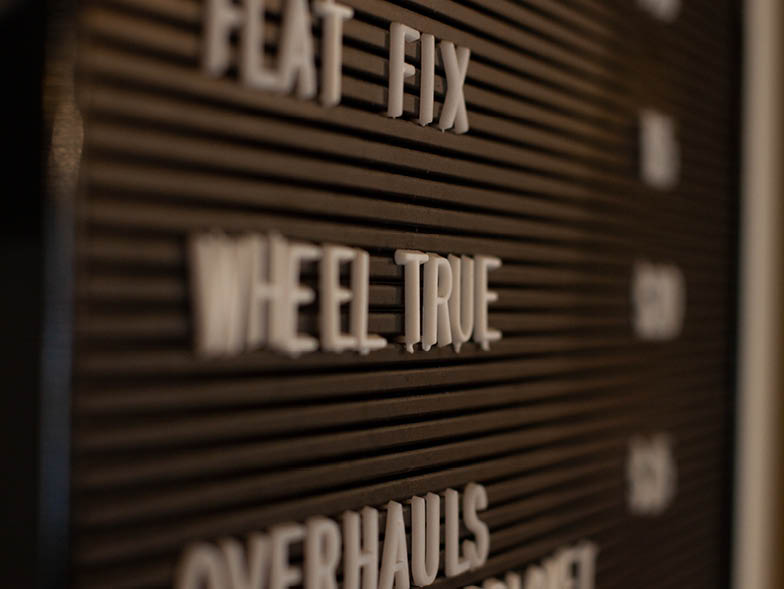
Empowering, Affordable, Fun
One of the most important aspects of the business for Tockman is keeping Dashing’s services affordable. The
shop handles everything from small repairs and adjustments, which often run between five and ten dollars, to tire changes and custom installations of rims, spokes, and hubs—the most expensive service, which costs about seventy dollars. It also carries a large selection of reasonably priced bikes and accessories from top brands like Bianchi, PUBLIC, and All-City Cycles.
Helping the city’s cyclists keep their bikes in order for a modest rate is an important component in sustaining the biking culture in New Orleans and making people feel comfortable. “It’s really a space that, no matter who you are, you can come and feel appreciated,” says Tockman. “To me, that’s a big success. It’s been really fun to see the way that New Orleans has embraced a new store like this, and at a time when, post-Katrina, anything was possible but nothing seemed to be going right.”
In addition to empowering the community, Dashing has a mission to empower women cyclists in particular—those who may not have a place to feel comfortable, safe, and appreciated—especially in an industry dominated by men. The shop offers free monthly workshops on basic bike maintenance and safety, as well as group rides for women cyclists of all skill levels.
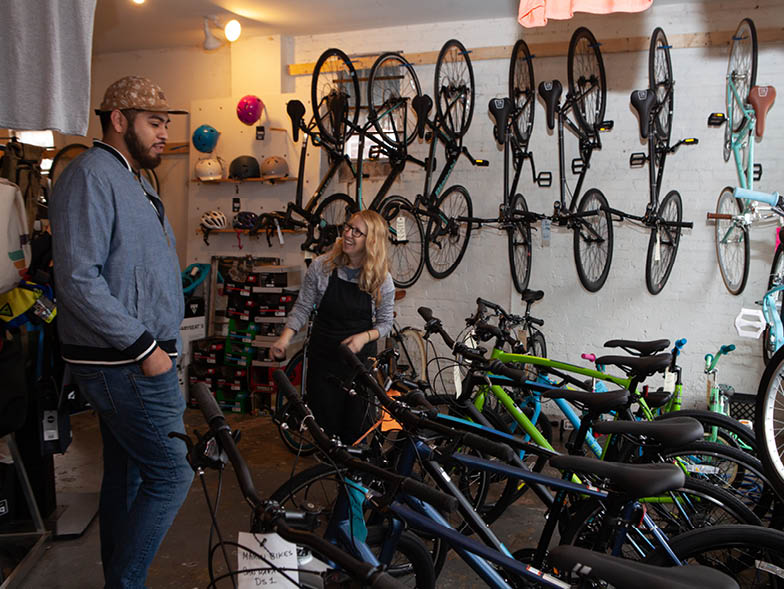
Since Tockman opened Dashing six years ago, she says that she has seen great success in bringing women cyclists together through the shop, but it hasn’t necessarily been easy. “When more women are out riding and being visible, it makes the streets seem more approachable and makes more women feel empowered to do it,” she says. “But sometimes you feel like you’re ahead of the curve, and sometimes finding supportive women is the biggest challenge. I see biking as a safe activity and a health benefit, so my biggest goal is just to try and share those concepts with people and help them feel more confident.”
Tockman notes that seeing the biking community in the city come together and expand over the last few years has been a beautiful thing to watch. The culture in New Orleans is already so lively and community-oriented, so witnessing the growth of cycling and how that fits into the collective interests of residents has been particularly exciting for her and the business.
“I don’t think owning your own business is for everyone,” she says. “You put your neck on the line and set yourself up for multiple challenges. But I think that Dashing is really becoming a part of the fabric of why biking is so great. You can walk into an inviting store that’s got your back and welcomes you. To our customers, it’s about being a part of this lively culture and being seen—and they’re doing it on the seat of a bicycle. It’s a great time to live in New Orleans.”
For more info visit www.dashingnola.com
